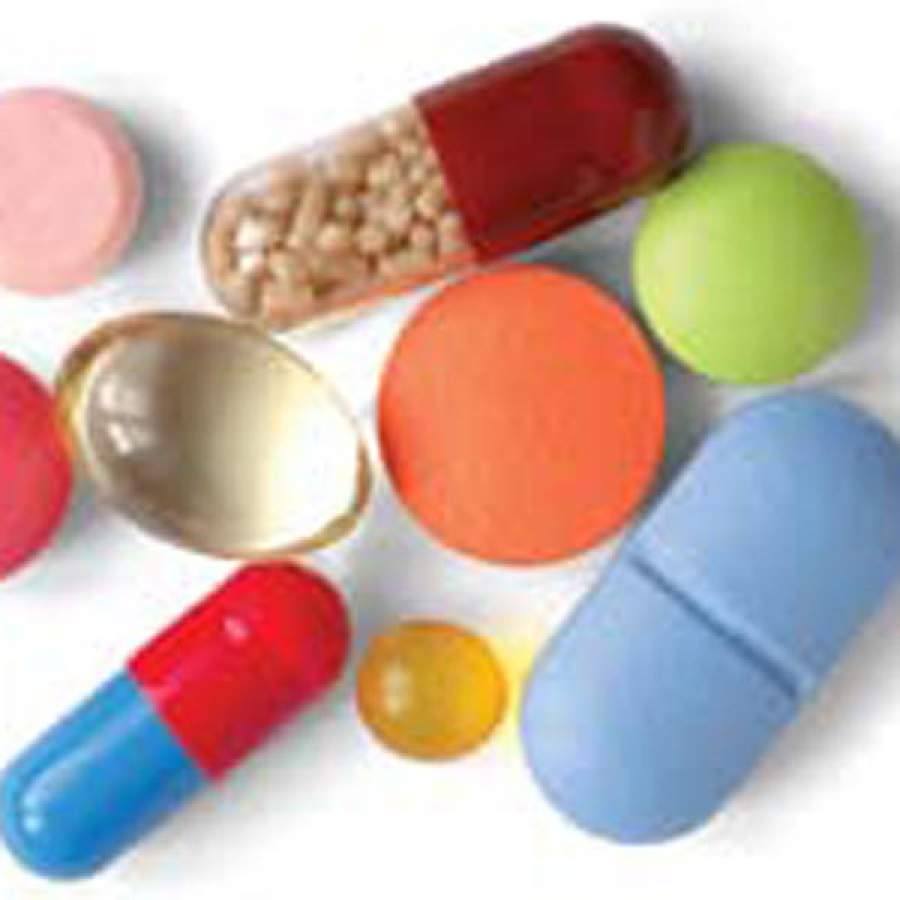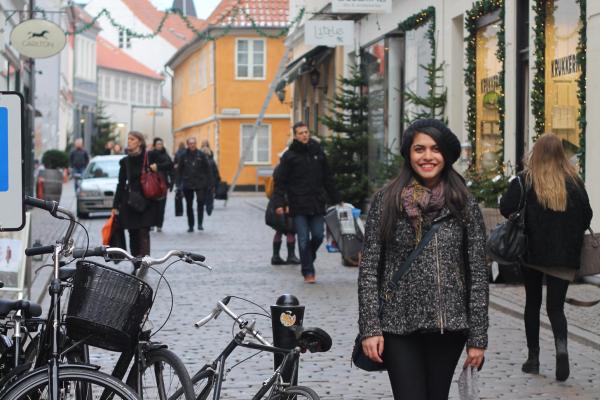It's 38 degrees Celsius in the shade, you feel like your temperature is even higher than that, and you've got stomach cramps and a splitting headache. And—oh yes—you're in Timbuktu. Time to see the local doctor!
On the way to the clinic, a stray dog takes a chunk out of your leg. At your appointment you do your best to communicate in broken French. The doctor hands you a small plastic bag and says, "I think you have malaria. And maybe you also have typhoid. Don't worry about rabies. We don't have any vaccine anyway. First, I must give you this needle, and then you must take these seven different pills. Come back on Thursday if you are not better."
You should've spoken English!
Yes, seeing a doctor at home can sometimes be challenging, but when abroad, you'd better be prepared. I may be guilty of generalizing, but through the years I have had lots of frantic emails and phone calls from travellers overseas to back up my generalizations.
They are:
• In lesser developed countries, doctors likely won't have access to reliable diagnostic facilities.
• Doctors often practice polypharmacy—they may try to treat several ailments and all of your symptoms at the same time.
• You are more likely to be offered an injection in the middle of Africa than in the middle of Alberta.
Here are several tips to help smooth out your interaction with foreign medical systems.
First, learn about any significant medical issues you might face while overseas in advance. For the longer-term volunteers who I see before they travel, I like them to understand and know the appropriate treatment of three conditions: fevers, diarrhea and dog bites. This way, you should either be able to treat yourself, or at least know which of those seven different pills are important.
For those who are planning to stay in one place for a while, find out where you'll get your medical care before you need it. You should be able to get this information from your sending organization, from the local embassy, your travel insurance provider or from the volunteers who went before you. The International Association for Medical Assistance to Travellers (IAMAT, www.iamat.org) provides listings of English-speaking doctors in most countries. If all that fails, local word of mouth or window-shopping will have to do. Avoid accepting injections if at all possible. Almost all illnesses should be treatable with oral medications.
You are more likely to be offered an injection in the middle of Africa than in the middle of Alberta.
A word about those medications. Counterfeit pills, including those for the treatment of malaria, are popping up. Try to use what looks like a reputable pharmacy. Ideally your pills will be wrapped in their original packaging with an expiry date and a drug identification number. For diarrheal and feverish illnesses, be familiar with the names of the medications you might need in advance. Consider bringing some with you.
Before you go
Pack a good first aid kit. You can make one up on your own, or you can purchase a ready made one at your local camping store or online. Include in it over-the-counter mediations that you might need, such as acetaminophen, ibuprofen, Gravol and Polysporin. Even better, learn some first aid before you go. Cuts, scrapes, contusions, sprains, burns, heat or cold exposure, bites and rashes are just some of the conditions that you are bound to encounter and which you should be able to treat.
If you are volunteering with an organization, be sure you understand their emergency procedures. Who do you contact? When do you contact them? Who pays the bills? Overseas medical insurance is one of the most important items you can pack. It is not enough to be covered for doctors' visits and medications. You should go for the deluxe package that will evacuate you promptly in the event of a true emergency.
Should you have preexisting medical conditions, such as epilepsy, diabetes, or severe allergies, wear a MedicAlert bracelet (www.medicalert.ca) and carry your medical records. Should you be carrying medications that you need on a regular basis, carry more than you need and consider keeping your meds in more than one place.
Keep a lifeline to the western world. If you are very sick and need help, call your Mom! Your family doctor or travel medicine specialist will hopefully be happy to help you out as best they can. I have held many hands across the oceans in my time.
Finally, use your common sense. Be careful with your food and water. Take your antimalarials. Be aware of what is going on around you. And don't be like me …try not to fall in the open sewers.
Mark Wise is a family doctor in Toronto, specializing in travel and tropical medicine. He is the director of The Travel Clinic and acts as medical advisor to numerous NGOs and is on the board of Canadian Feed the Children. He has travelled to most of the places where you might consider volunteering.
Add this article to your reading list





